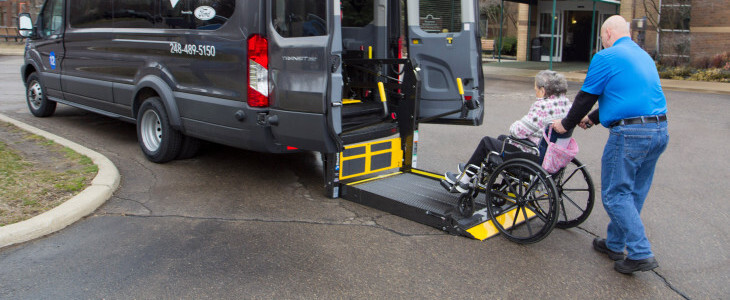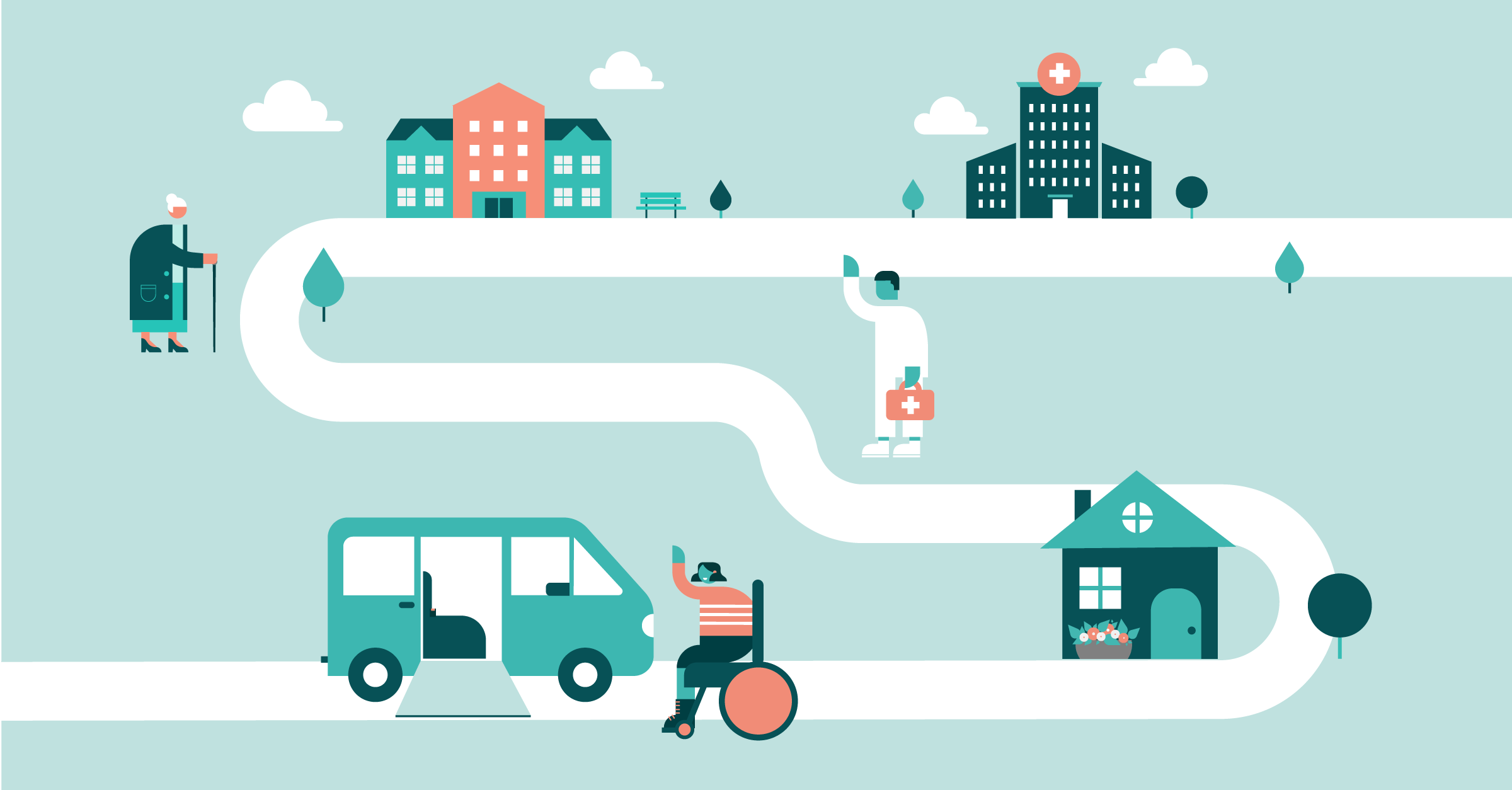Streamlined Medical Transportation: Making Health Care Accessible for All
Streamlined Medical Transportation: Making Health Care Accessible for All
Blog Article
Economical and Accessible Medical Transport Options for every single Scenario
In the realm of medical care, the capability to accessibility clinical services is vital, yet the difficulty of budget friendly and easily accessible transportation can often hinder people from obtaining required treatment. By discovering specialized clinical transport solutions, area transportation programs, ride-sharing and taxi services, non-emergency medical transport, as well as public transportation and paratransit alternatives, people can locate avenues that cater to their specific requirements and guarantee they receive the treatment they require.
Specialized Medical Transportation Services
Specialized medical transport services play a vital duty in ensuring safe and effective transportation for individuals calling for specialized treatment throughout transit. These services accommodate individuals with special medical requirements, such as those requiring consistent monitoring, specific equipment, or medical interventions throughout transportation. By using specifically equipped vehicles and qualified medical personnel, specialized clinical transport solutions make sure that patients get the required treatment while being moved between medical care facilities, homes, or other places.
One secret aspect of specific clinical transportation services is the concentrate on patient comfort and safety and security. Medical transport groups are trained to deal with different clinical conditions and emergencies that may develop throughout transportation, providing a higher level of care than standard transport options. Furthermore, these solutions frequently use door-to-door aid, decreasing the tension and discomfort that individuals might experience throughout transfers.
Neighborhood Transport Programs
Having actually attended to the important function of specific clinical transportation solutions in ensuring safe and efficient transportation for individuals with unique clinical requirements, the emphasis now changes to checking out Neighborhood Transport Programs - medical transportation. These programs play an important role in giving inexpensive and accessible transport options for the basic population, including elders, individuals with specials needs, and low-income family members who may deal with challenges in accessing traditional transport options
Neighborhood Transport Programs incorporate a range of services such as fixed-route buses, paratransit solutions, volunteer vehicle driver programs, and ridesharing initiatives. These programs are commonly funded by city governments, charitable companies, or private companies to guarantee that individuals have trustworthy transport alternatives to get to clinical consultations, food store, social activities, and other necessary locations.
Ride-Sharing and Taxi Solutions

One of the crucial benefits of ride-sharing and taxi solutions is their access. These solutions run 24/7, allowing people to take a trip to clinical appointments, drug stores, or medical facilities any time of the day. In addition, ride-sharing and taxi solutions satisfy individuals with wheelchair difficulties by using wheelchair-accessible lorries upon demand.
Additionally, ride-sharing and taxi services can be particularly advantageous for individuals staying in locations with minimal public transportation options. By connecting the void between home and healthcare click to find out more centers, these solutions play an important role in ensuring that everybody has access to crucial medical solutions.
Non-Emergency Medical Transport

Non-Emergency Medical Transport service providers typically useful source utilize skilled personnel who are experienced in helping individuals with varying clinical demands. By providing door-to-door service, Non-Emergency Medical Transport boosts the total ease of access of medical care for people who may otherwise struggle to attend essential medical appointments.
Public Transit and Paratransit Options
Public transit and paratransit choices use necessary transport services for people with differing wheelchair requirements, guaranteeing accessibility to crucial destinations such as clinical facilities and appointments. read the article Public transportation systems, including buses, trains, and metros, provide a cost-effective and extensively offered setting of transportation for people seeking to get to medical consultations. These services are specifically useful for those who might not have accessibility to personal vehicles or need aid because of mobility difficulties.
Paratransit solutions cater particularly to people with impairments that are unable to utilize traditional mass transit. These solutions provide door-to-door transport, fitting people with mobility devices, pedestrians, or various other mobility aids. Paratransit automobiles are equipped with features such as wheelchair ramps and securement systems to make sure the secure and comfy transport of guests with differing mobility requirements.

Final Thought

Report this page